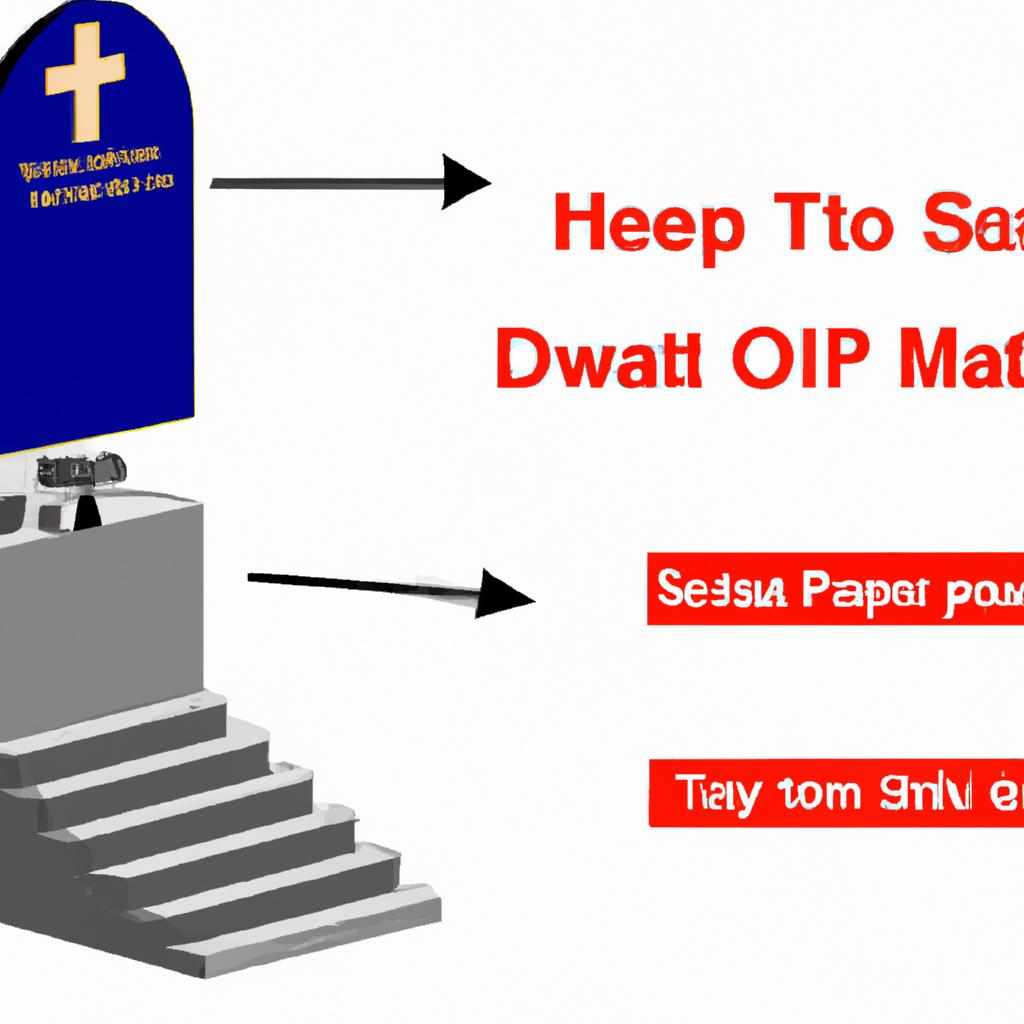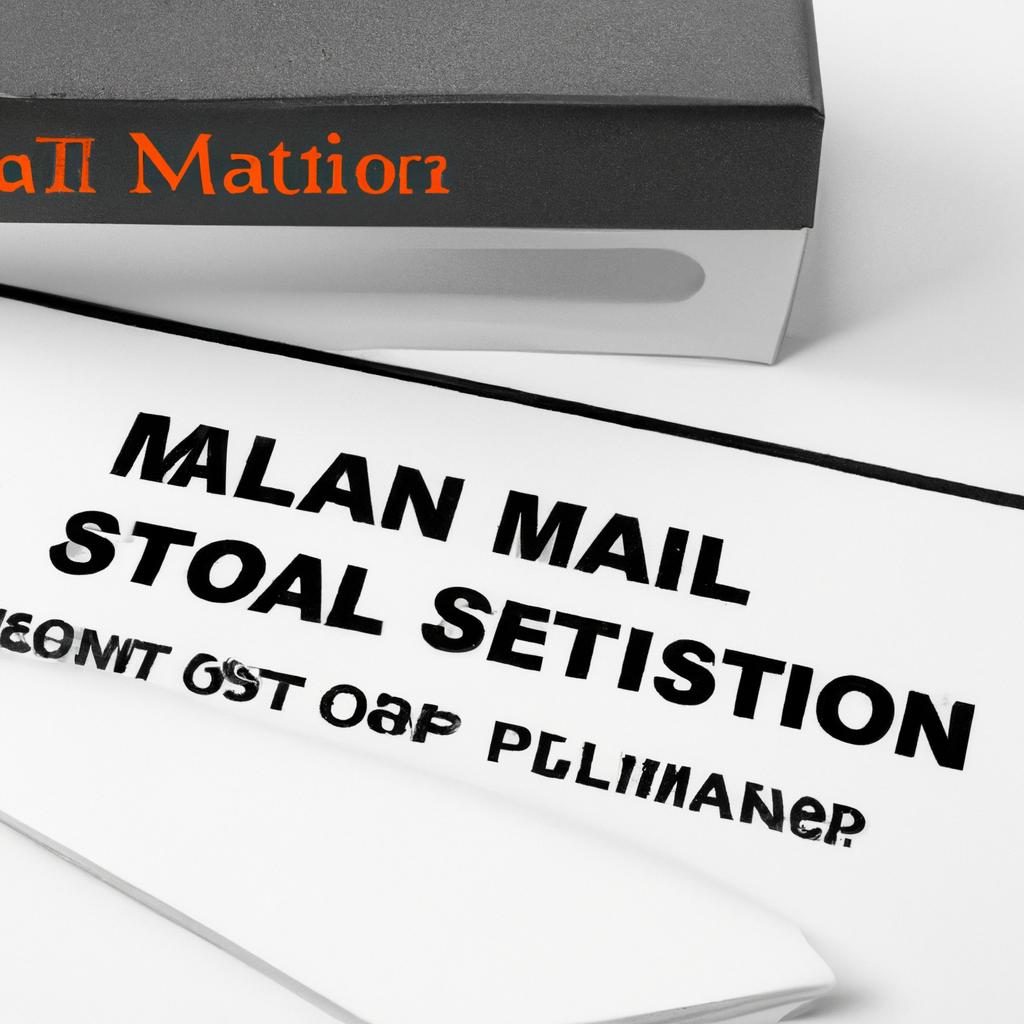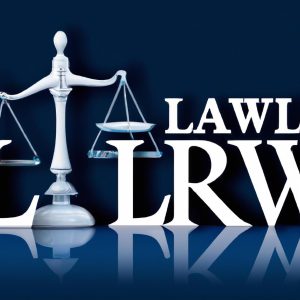In the intricate web of legal matters that follows the passing of a loved one, one important but often overlooked task is ensuring that mail addressed to the deceased individual ceases to arrive at their former residence. This seemingly mundane task carries legal implications and practical considerations that must be navigated with precision and care. As experienced attorneys at Morgan Legal Group in New York City, we understand the complexities involved in stopping mail for a deceased person and are here to provide guidance and expertise on this crucial aspect of postmortem affairs.
Steps to Stop Mail for a Deceased Person
To stop mail for a deceased person, it is important to follow the necessary steps to ensure that their personal information and sensitive mail are handled appropriately. The first step is to notify the post office of the individual’s passing. This can be done by filling out a change of address form and indicating that the individual is deceased. The post office will then stop delivering mail to the deceased person’s address. It is also recommended to provide the post office with a forwarding address for any mail that may still be coming in.
Next, it is important to notify any relevant companies or organizations of the individual’s passing. This includes contacting banks, credit card companies, insurance providers, and any other entities that may be sending mail to the deceased person. Provide them with a copy of the death certificate and request that they stop sending mail to the deceased person’s address. Additionally, it may be helpful to set up a mail forwarding service to ensure that any important mail is redirected to the appropriate parties. By following these steps, you can effectively stop mail for a deceased person and prevent any sensitive information from falling into the wrong hands.
Understanding the Process of Stopping Mail for a Deceased Individual
When a loved one passes away, there are many practical tasks that need to be addressed, including stopping their mail delivery. It is important to understand the process of stopping mail for a deceased individual in order to prevent mail from piling up and to protect their sensitive information.
Here are some key steps to follow in order to stop mail for a deceased person:
- Notify the post office of the individual’s passing
- Provide proof of death, such as a death certificate or obituary
- Request to have the deceased individual’s mail forwarded to a designated individual or address
- Consider setting up a temporary hold on the deceased individual’s mail until a permanent solution is established
- Update any relevant accounts with the deceased individual’s new address or status

Challenges and Legal Implications of Handling Deceased Person’s Mail
Handling a deceased person’s mail can present various challenges and legal implications that must be carefully navigated to ensure compliance with the law and protect the deceased person’s privacy. One of the main challenges is determining who has the legal authority to manage the deceased person’s mail and make decisions regarding its handling. This can be particularly complex if there is no clear executor or administrator appointed to manage the deceased person’s estate.
Additionally, there are legal implications regarding the unauthorized opening or tampering with a deceased person’s mail, as this could violate federal laws such as the Mail Theft Statute. It is crucial to follow proper procedures and protocols when managing a deceased person’s mail to avoid potential legal consequences. Seeking legal guidance and working with professionals experienced in handling estate matters can help ensure that the deceased person’s mail is handled appropriately and in accordance with the law.

Best Practices for Managing Deceased Person’s Mail
When a loved one passes away, managing their mail can be a sensitive and challenging task. It is important to handle this situation with care and respect. Here are some best practices to help you navigate the process:
- Notify the Postal Service: Contact the local post office to inform them of the individual’s passing. They can stop the delivery of mail to the deceased person’s address.
- Contact Senders: Reach out to companies and organizations that regularly send mail to the deceased person. Notify them of the individual’s passing and provide them with the necessary information to update their records.
| Tip | Action |
|---|---|
| Stay organized | Keep track of the companies you have contacted and follow up if needed. |
By following these best practices, you can ensure that the deceased person’s mail is handled properly and with respect. If you need assistance with estate planning or other legal matters, our team at Morgan Legal Group is here to help in New York City.
Q&A
Q: Why is it important to stop mail for a deceased person?
A: It helps prevent identity theft and ensures sensitive information doesn’t fall into the wrong hands.
Q: How can I stop mail for a deceased person?
A: You can contact the USPS to request a mail hold or forwarding service, or return mail marked “deceased” to the sender.
Q: What steps should I take when stopping mail for a deceased person?
A: Notify relevant parties such as financial institutions, utility companies, and government agencies. Update or cancel subscriptions and services.
Q: Can I designate someone to handle stopping mail for a deceased person?
A: Yes, you can appoint a trusted individual as a personal representative or executor to manage the deceased’s affairs, including mail.
Q: What should I do with the deceased person’s mail after stopping it?
A: Forward important mail to the estate executor or relevant parties. Return unwanted mail to senders or mark it as “return to sender – deceased.”
Q: How long should I continue to monitor and stop mail for a deceased person?
A: Continue monitoring and stopping mail for at least a few months to ensure all important communications are addressed.
In Retrospect
As we navigate the complexities of life, handling mail for a deceased loved one may seem like a daunting task. However, by following the steps outlined in this article, you can efficiently stop mail for a deceased person and alleviate some of the administrative burden during this challenging time. Remember, taking care of these practical matters allows you the space to grieve and honor your loved one’s memory. Our thoughts are with you during this difficult period.
 Stop Mail for a Deceased Person: A Guide for Family Members and Executors
Stop Mail for a Deceased Person: A Guide for Family Members and Executors
Losing a loved one is a difficult experience that brings about a lot of emotions and responsibilities. As a family member or executor, one of the tasks that may fall on your shoulders is stopping mail for the deceased person. This may seem like a simple task, but it is important to do it correctly to avoid any further complications. In this guide, we will discuss everything you need to know about stopping mail for a deceased person, including practical tips and benefits.
Benefits of Stopping Mail for a Deceased Person:
Stopping mail for a deceased person is not just a practical task, it also has several benefits. These include:
1. Protecting the deceased person’s identity: With identity theft on the rise, it is important to protect the identity of the deceased. By stopping their mail, you can prevent any sensitive information from getting into the wrong hands.
2. Avoiding unnecessary expenses: If mail continues to be delivered to a deceased person’s address, it may result in unnecessary expenses, such as subscription renewals, that will need to be paid for. Stopping the mail can save the family from these additional costs.
3. Providing closure: For family members, sorting through a loved one’s mail can be an emotional experience. Stopping their mail provides a sense of closure and helps in the grieving process.
Practical Tips for Stopping Mail for a Deceased Person:
Here are some practical tips to keep in mind when stopping mail for a deceased person:
1. Notify the post office: The first step in stopping mail for a deceased person is to notify the post office of their passing. This can be done by filling out a change of address form, either online or in person. The post office will then redirect all mail to the executor’s or another family member’s address.
2. Gather important documents: It is also important to gather important documents, such as the deceased person’s death certificate and a copy of their will, as these may be required by the post office when filling out the change of address form.
3. Notify relevant organizations: Apart from the post office, it is also important to notify relevant organizations that the deceased person had accounts with, such as banks, credit card companies, and utility companies. This will ensure that their accounts are closed and any remaining mail is redirected to the executor or family member.
4. Consider a mail forwarding service: If the deceased person received a lot of mail or if their address needs to be kept active for a certain period of time, consider signing up for a mail forwarding service. This service will automatically redirect all mail to a designated address for a specified period of time.
5. Keep an eye out for any further mail: Even after stopping the deceased person’s mail, it is important to keep an eye out for any further mail that may arrive at their address. This could be due to the mail being sent out before the post office was notified, or if the deceased person had mail that was not redirected. Make sure to return any mail to the sender or inform them of the person’s passing.
Case Study: The All Too Common Consequences of Not Stopping Mail for a Deceased Person
In 2019, a woman from Virginia was sentenced to five years in prison for fraudulently obtaining credit cards in her deceased mother’s name. The woman had been ignoring her mother’s mail, including credit card bills, for over fifteen years. This led to over $30,000 in debt being accrued in her mother’s name. This case highlights the importance of stopping mail for a deceased person to protect their identity and avoid any potential legal consequences.
First-Hand Experience: How a Family Member Dealt with Stopping Mail for a Deceased Loved One
“Maggie’s passing came as a shock to our family and as her sister, I was tasked with managing her affairs. One of the major tasks was to stop her mail. Thankfully, we had all the necessary documents ready, and I was able to easily fill out the change of address form at the post office. However, it was still an emotional experience as I went through her mail, especially the condolence letters and cards that were still arriving. But it gave me a sense of closure knowing that her identity was protected and we wouldn’t have to deal with unnecessary expenses.” – Sarah T., Massachusetts
In conclusion, stopping mail for a deceased person is an important and necessary task that should not be overlooked. It not only protects the identity of the deceased but also provides closure for family members and avoids any potential legal consequences. By following these practical tips and being aware of the benefits, you can ensure that this task is carried out correctly and efficiently.












